U.S., Jan 21, (V7N) - An arctic air mass spreading across the eastern, central, and parts of the western U.S. on Monday will bring temperatures 20-30 degrees below the already historically cold January averages. The cold front is expected to bring a disruptive winter storm to the South.
Freeze warnings are in effect across much of the Gulf Coast and northern Florida. The combination of the cold air and a developing low-pressure system will create a "rare, significant winter storm," according to National Weather Prediction Center forecaster Bryan Putnam.
The storm is expected to start late Monday in eastern and southern Texas, then move eastward along the Gulf Coast and Southeast on Tuesday and Wednesday. Heavy snow is likely along and north of the I-10 corridor, with sleet and freezing rain expected in parts of southern Texas, southeast Georgia, and northern Florida.
Cities in the southern U.S. preparing for a winter storm include Austin, San Antonio, and Houston in Texas; New Orleans and Baton Rouge in Louisiana; Jackson and Biloxi in Mississippi; Mobile in Alabama; Savannah in Georgia; and Pensacola, Tallahassee, and Jacksonville in Florida, according to AccuWeather.
New Orleans has not seen measurable snow since 2009, and Jacksonville hasn't seen any in 35 years. In Texas, the Austin school district and nearby districts have already canceled classes for Tuesday.
AccuWeather's Chief Meteorologist Jonathan Porter warned, "This will be a rare and especially dangerous winter storm along the upper Gulf Coast, causing major and prolonged disruptions to travel."
Major travel disruptions are expected, with flight delays and cancellations likely. Power outages are also possible in areas with significant snow and ice.
Temperatures in New England and the Mid-Atlantic states will be in the teens and 20s, causing officials in Washington, D.C., to move the presidential inauguration indoors for the first time in 40 years.
Houston could receive up to 4 inches of snow overnight Monday into Tuesday. The National Weather Service in Houston has issued warnings about hazardous road conditions through Wednesday morning: "DO NOT TRAVEL IF POSSIBLE! If you must drive, TAKE IT SLOW! Be extremely cautious, especially on bridges and overpasses. Even cars with four-wheel drive can lose traction."
Houston's two major airports, George Bush Intercontinental and William P. Hobby, plan to close at midnight due to dangerous road conditions. While no flights will depart or arrive, airport teams will remain on-site to prepare for safe operations once the weather improves.
The Upper Midwest, Rockies, central Plains, and Midwest will experience temperatures between the negative teens and single digits. Dangerous wind chills of 30 to 55 degrees below zero are expected in the Rockies, northern Plains, and Upper Midwest through Tuesday morning.
The deep freeze is expected to continue affecting the eastern and southern U.S. for the next few days, though some areas may see warmer temperatures by Tuesday, with highs reaching the 20s, 30s, and 40s.
Mississippi Governor Tate Reeves declared a State of Emergency ahead of the storm. Temperatures are expected to remain below freezing throughout the week. Central Mississippi, including Jackson, may see up to 2 inches of snow.
Hattiesburg and South Mississippi, including Natchez, are under a "significant threat" of snow, with 2-4 inches expected. South-central Georgia and Florida's Big Bend area may experience up to a quarter-inch of ice, while Tallahassee could see a dusting of snow and up to a quarter-inch of ice, making roads impassable and possibly causing power outages.
The National Weather Service in Tallahassee has increased confidence in the storm's impact, which is expected to bring freezing rain, sleet, snow, and rain from Tuesday night into Wednesday. Public schools in Leon County, where Tallahassee is located, have already closed for Wednesday, as has Florida A&M University. More closures, delays, and cancellations are expected.
END/SMA/NYC/RH/



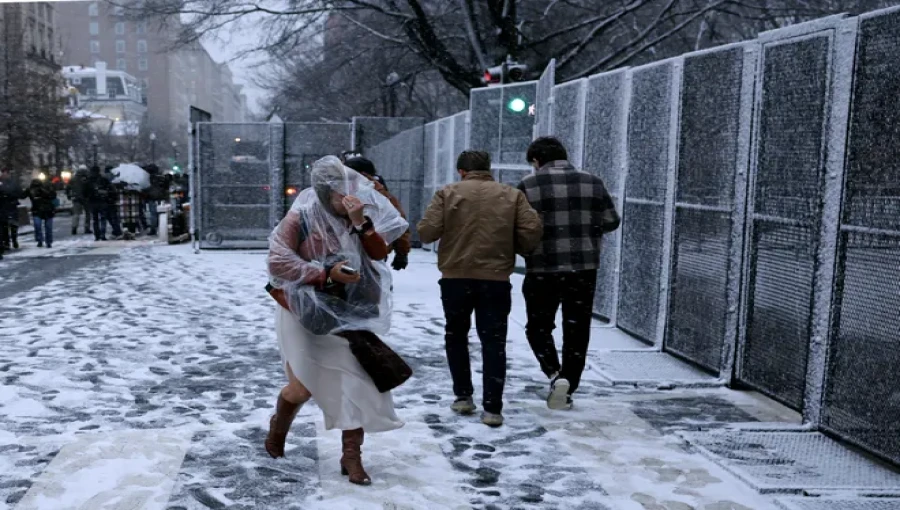
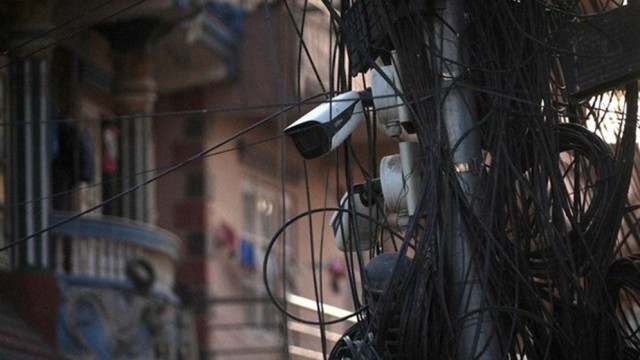


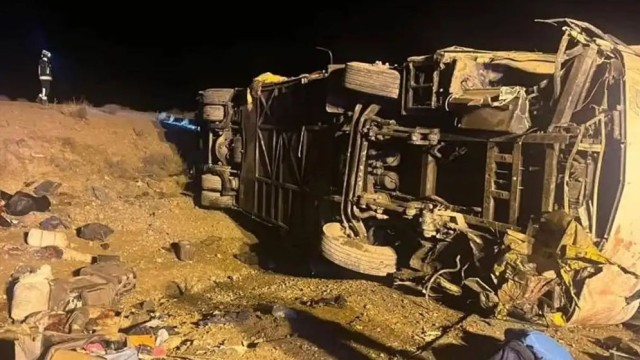
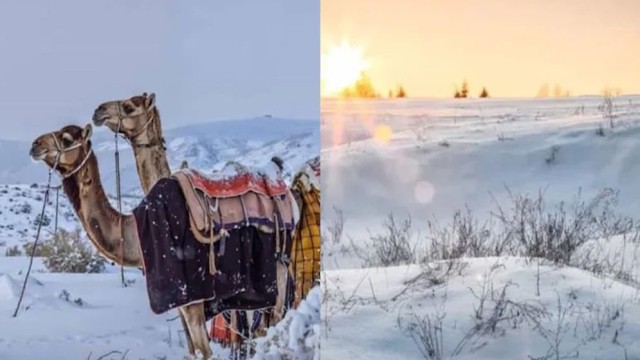



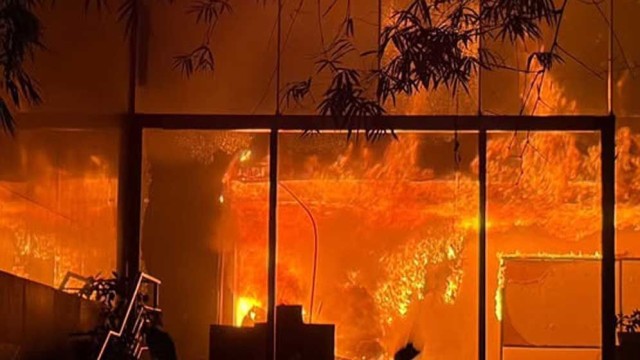

















Comment: